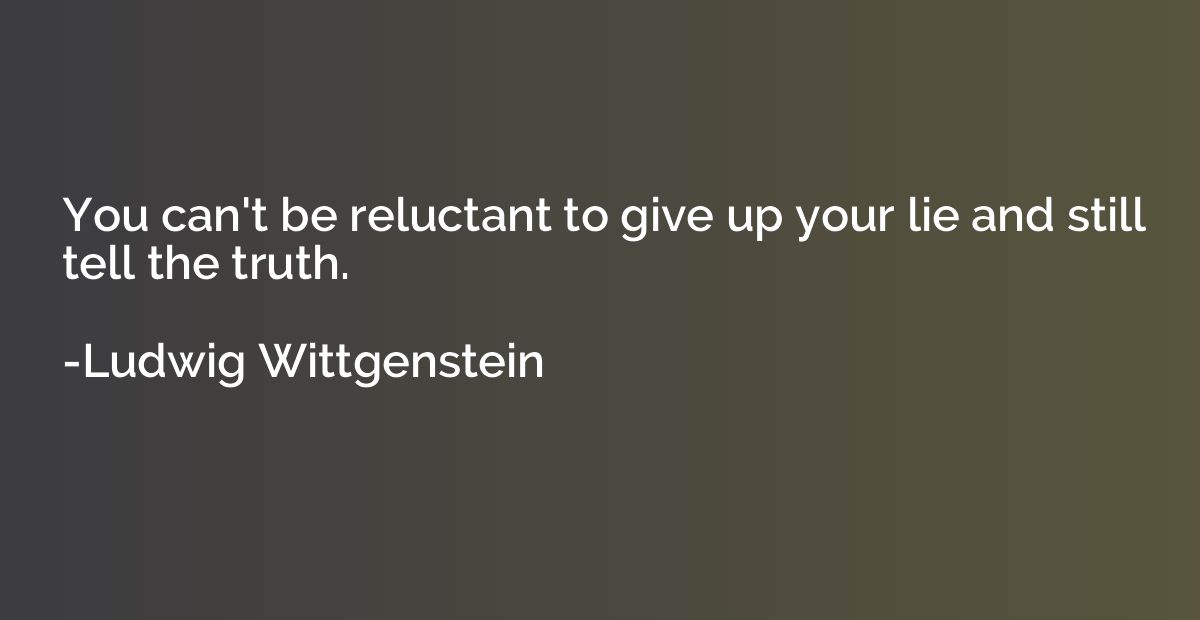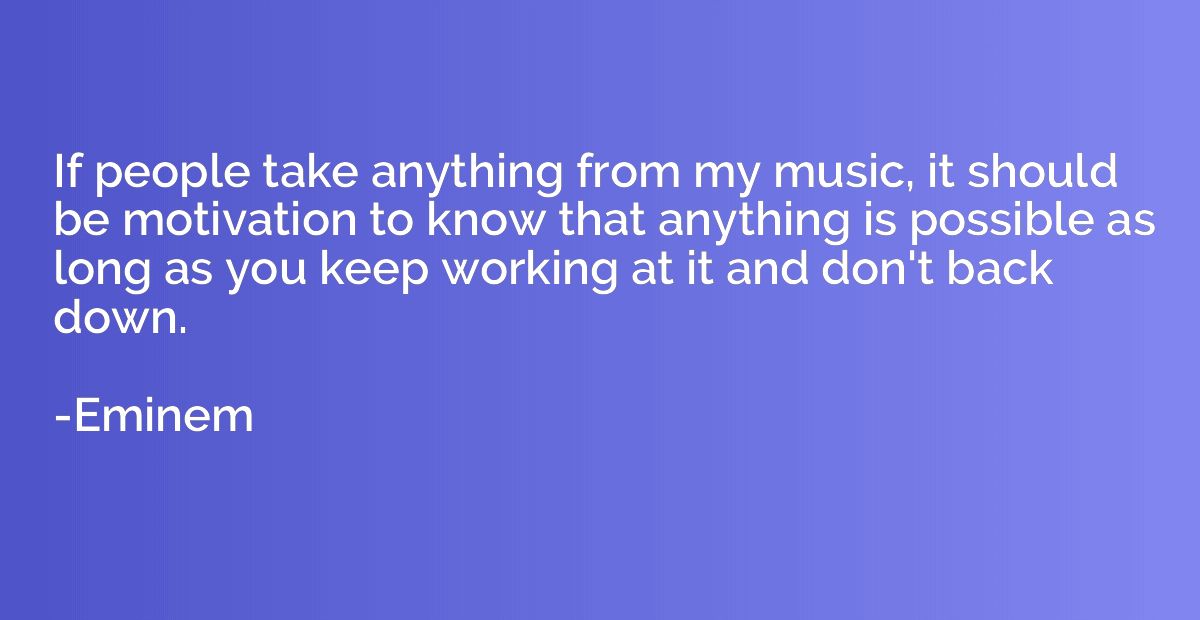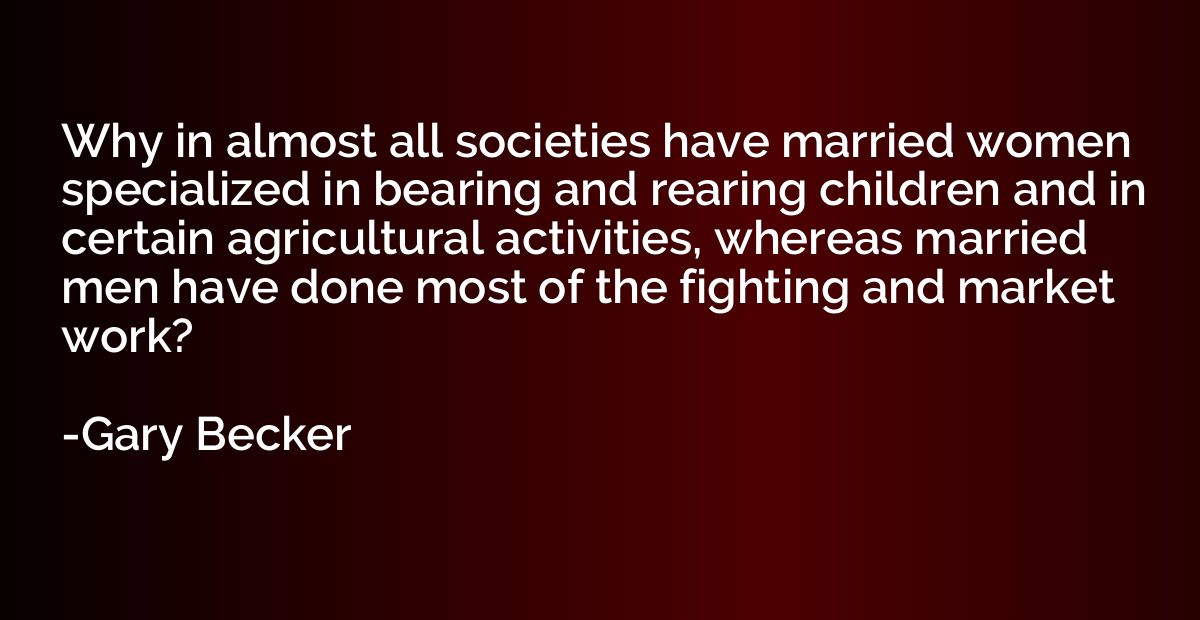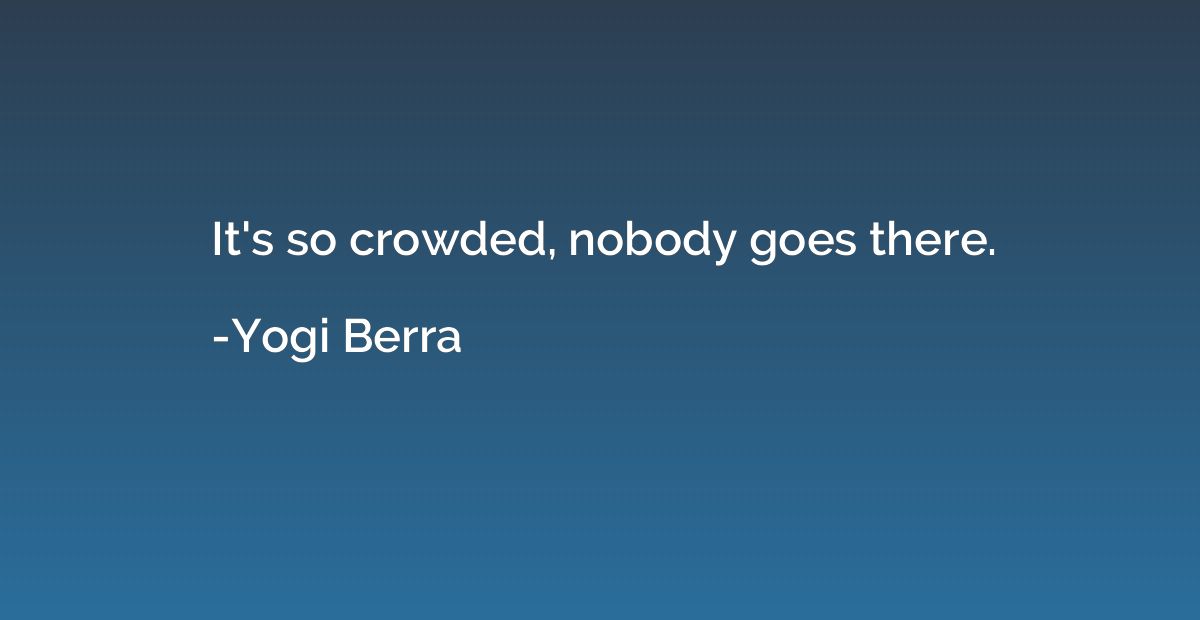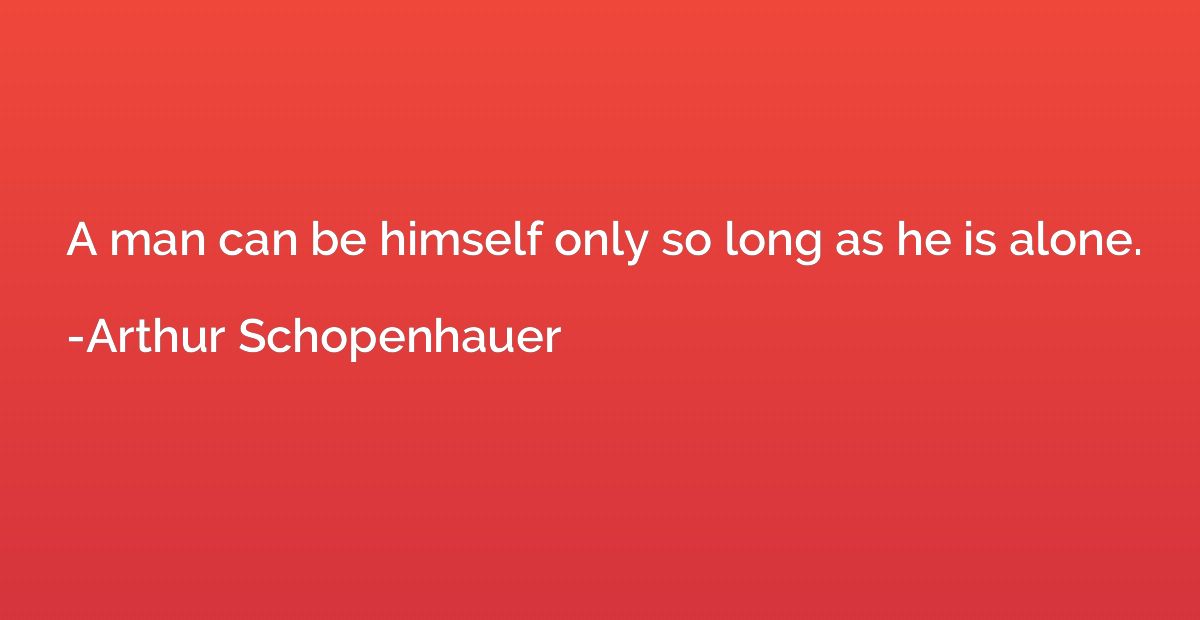Quote by Karin Boye
The sated day is never firstThe best day is a day of thirstYes, there is goal and meaning in our path -but it is the way that is the labour's worth.

Summary
This quote suggests that satisfaction and fulfillment are not achieved by reaching a state of contentment, but rather by embracing the desire to constantly strive for greater things. It implies that the best and most rewarding days are those where one feels a thirst for knowledge, growth, and improvement. The quote emphasizes that the true value lies in the journey itself, the efforts made and the challenges faced, rather than in merely attaining a specific end goal.
By Karin Boye






![Abram: .. One [Sentient] often believes it best to choose th](https://quotation.io/quotes/abram-one-sentient-often-believes-best-choose.jpg)
